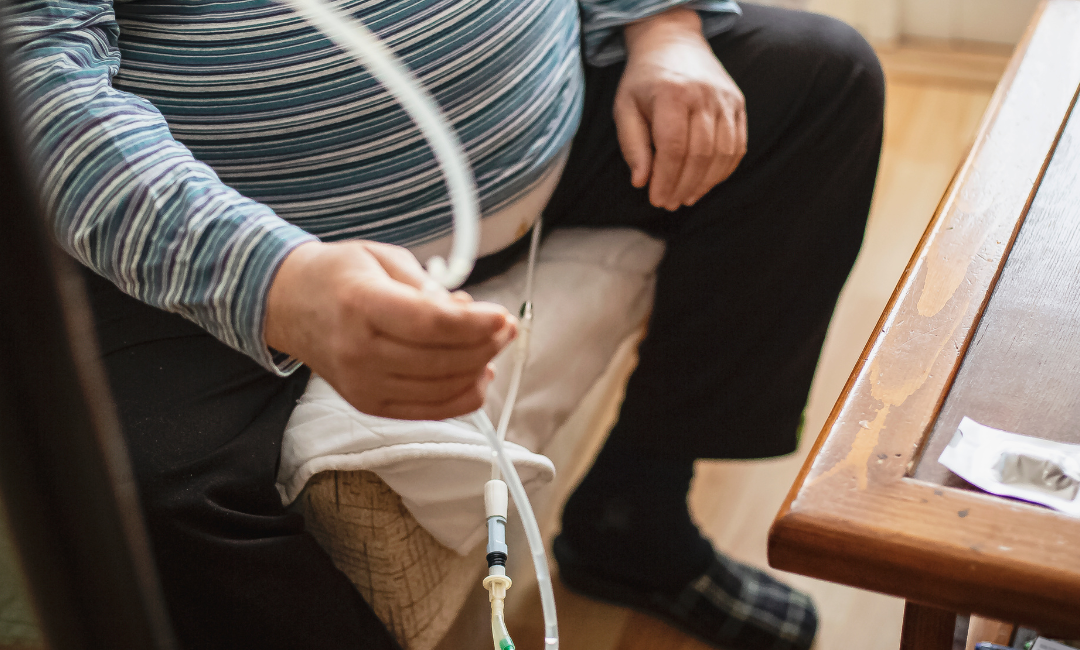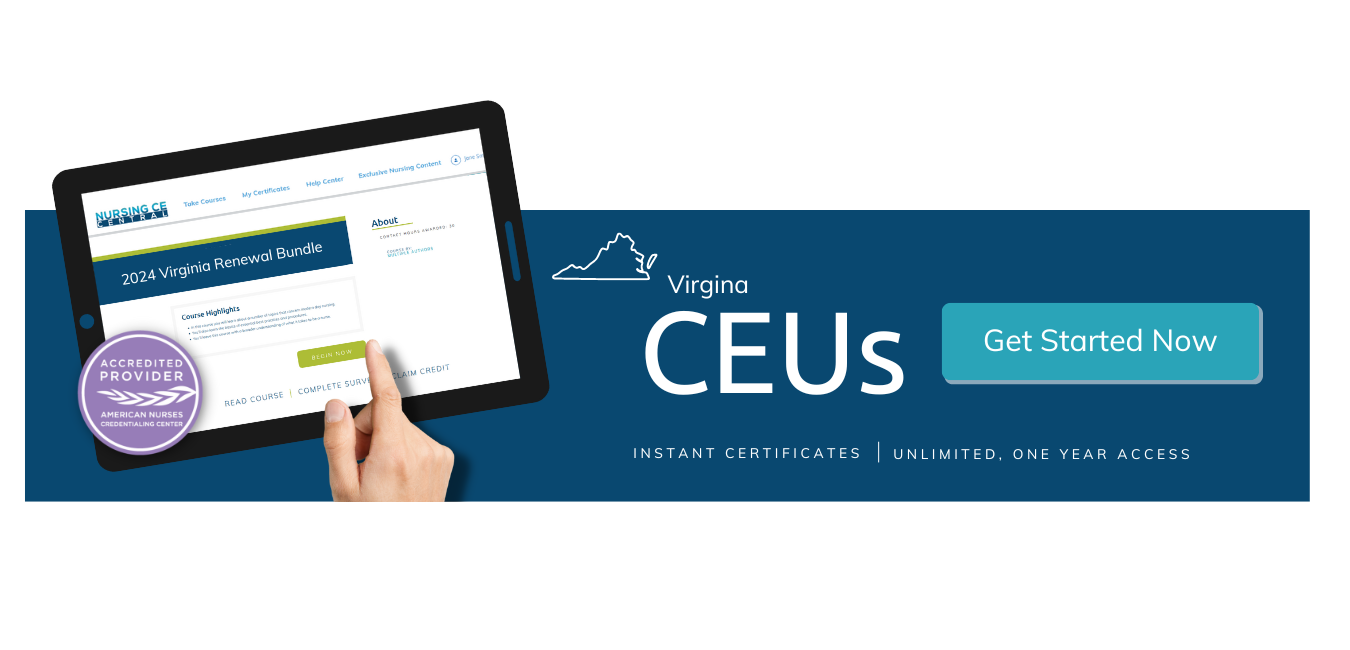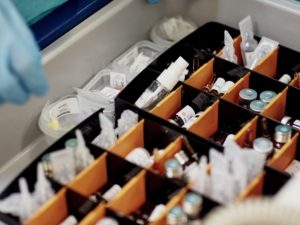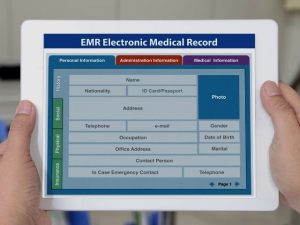Unlicensed personnel are employed in diverse settings and are required to follow the federal/state requirements and accreditation standards set forth by an organization when delegation of tasks and medication administration have been delegated by a Registered Nurse (RN) or Licensed Practical Nurse (LPN).
In these various settings, the question has been asked many times if unlicensed assistive personnel (UAP) should be allowed to administer medications that are delegated to them by licensed nurses and if so, what are the proper ways to do so?
The North Carolina Board of Nursing (NCBON) and other boards of nursing in various states allow unlicensed assistive personnel to administer medications under the delegation of a Registered Nurse (RN) and/or licensed practical nurse (LPN).
The main questions to be considered when dealing with medication administration among unlicensed assistive personnel involving RN/LPN delegation and medication administration.
A series of studies conducted suggest that unlicensed assistive personnel can safely administer medications as long as strict compliance is followed with state regulations, adequate training is received and adhered to, and adequate supervision is provided by the registered nurse (Budden, 2012).
However, it is important to note that tasks should not be delegated to UAP’s if the patient is “medically fragile”. Tasks should only be assigned if the task needed is low risk, has a predictable outcome, and does not require assessment according to Joyce Fitzpatrick in Encyclopedia of Nursing Research (2017).
Even though each organization is required to have policies and job descriptions pertaining to specific UAPs’ responsibilities, the ultimate accountability bears on the RN and/or LPN.
It is imperative that the RN/LPN be cognizant of the education, training, and experience of the UAP, and assess competency in the specific tasks.










